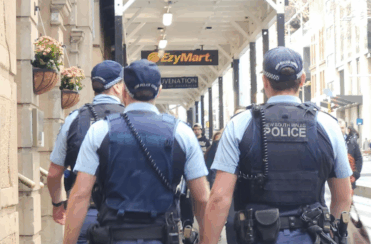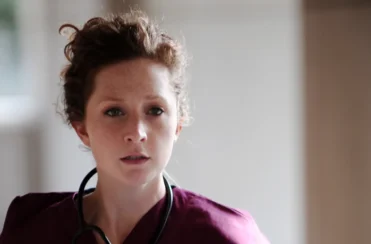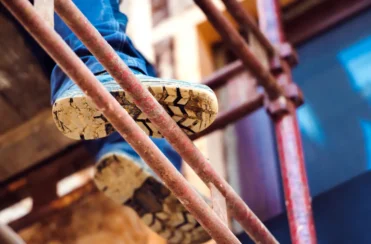Landmark $2.4m silicosis award for tunnel worker
“I comforted him and then I watched him die.” Was the driver to blame for the police officer’s PTSD? Which case won?
A Queensland police officer developed PTSD after attending a motor vehicle accident in 2013, involving a car driver who was speeding and intoxicated with amphetamines and cannabis at the time of the collision.
The policeman attended the scene and tried to keep the driver alive with first aid and encouragement. He was the first officer on the scene, having arrived earlier than the ambulance paramedics and the fire brigade.
The police officer had to deal with the arrival of the driver’s parents at the scene of the accident and had to indicate to them that their son would not survive. The driver’s parents had to say goodbye to him at the accident scene.
The fact of having to deal with the driver’s parents added an extra level of trauma for the policeman, over and above the trauma of dealing with the driver’s injuries, which proved to be fatal.
Soft cheese product recall sparked by risk of Listeria contamination
Changes coming to NSW workers compensation for psychological injuries
Police PTSD compensation claims
NSW emergency service workers have their own set of workers compensation rights
“I endured regular abuse at my hospital job and I want compensation for PTSD” – which case won?
A case in 2023 concerned a woman who worked as a nurse and made a claim for compensation for PTSD.
The woman worked in the emergency department of a hospital in northern NSW from 2011 to 31 January 2019.
Staff in the emergency department were regularly subject to abuse by patients.
Around 2015, the nurse had a particularly upsetting encounter with a patient, LF, who was verbally abusive, yelled profanities at her and threw a blood pressure monitor across the room.
On 31 January 2019, when the nurse arrived for her shift, she saw LF’s name on the patient handover sheet. She began crying uncontrollably and suffered a panic attack for the first time.
She left work that day and has been unable to work since.
The nurse was diagnosed as suffering from post-traumatic stress disorder (PTSD).
NSW police insurance scheme ends lump sum payments for TPD
Was the principal contractor liable after a carpenter fell from scaffolding on a construction site? Which case won?
On 31 May 2021, a carpenter began working on a construction site in northern NSW, not far from the Queensland border. The principal contractor on the work site was a company based in Queensland.
The carpenter had been contacted about the job by a NSW colleague he had known for decades, a licensed builder, allegedly on behalf of the principal contractor. The licensed builder then rang the principal contractor to confirm that the carpenter would start work on site the following Monday. There was no paperwork done, nor any employment declaration form filled in with either the licensed builder or with the principal contractor.
The principal contractor’s name was on the gate, and it appeared that this Queensland company was in control of the work site, irrespective of any other contractors. The carpenter assumed that the principal contractor would pay his wages. The licensed builder indicated to the carpenter that all payment had to be put through to the principal contractor.
“I became a quadriplegic while wakeskating because the boat driver was negligent.” Which case won?
On the 18th of November 2007, a man who intended to go wakeskating met a boat driver at a wharf on the Tweed River, in northern NSW, where a boat was moored.
It was intended that the boat driver would drive the boat, along with an observer, while the man would be towed behind, either on a wakeboard or a wakeskate. (In wakeboarding the rider’s feet are attached to the board, whereas in wakeskating they are not.)
The man was initially towed behind the boat on a wakeboard. He got up on the wakeboard several times, falling off twice. The boat was then stopped and the man switched from a wakeboard to a wakeskate. The man had never wakeskated before.
Covid-19 workers comp amendments broaden range of protected workers in NSW
Changes to workers compensation in NSW give better protection to workers who get coronavirus
Cross border workers compensation claims in NSW and Queensland – which state’s insurer has to pay? Which case won?
The employee was a delivery driver working from his employer’s warehouse in Tweed Heads, located just inside the NSW border. Organisationally, the Tweed Heads branch formed part of the employer’s Queensland operations, with the warehouse manager reporting to the employer’s state manager in Queensland.
The worker made deliveries north of the border in Queensland, extending to Beenleigh in the north and Jimboomba, Beaudesert and Springfield Lakes in the west, as well as south of the border in NSW, to Casino and Lismore. Around 70% to 80% of the deliveries were made in Queensland.













